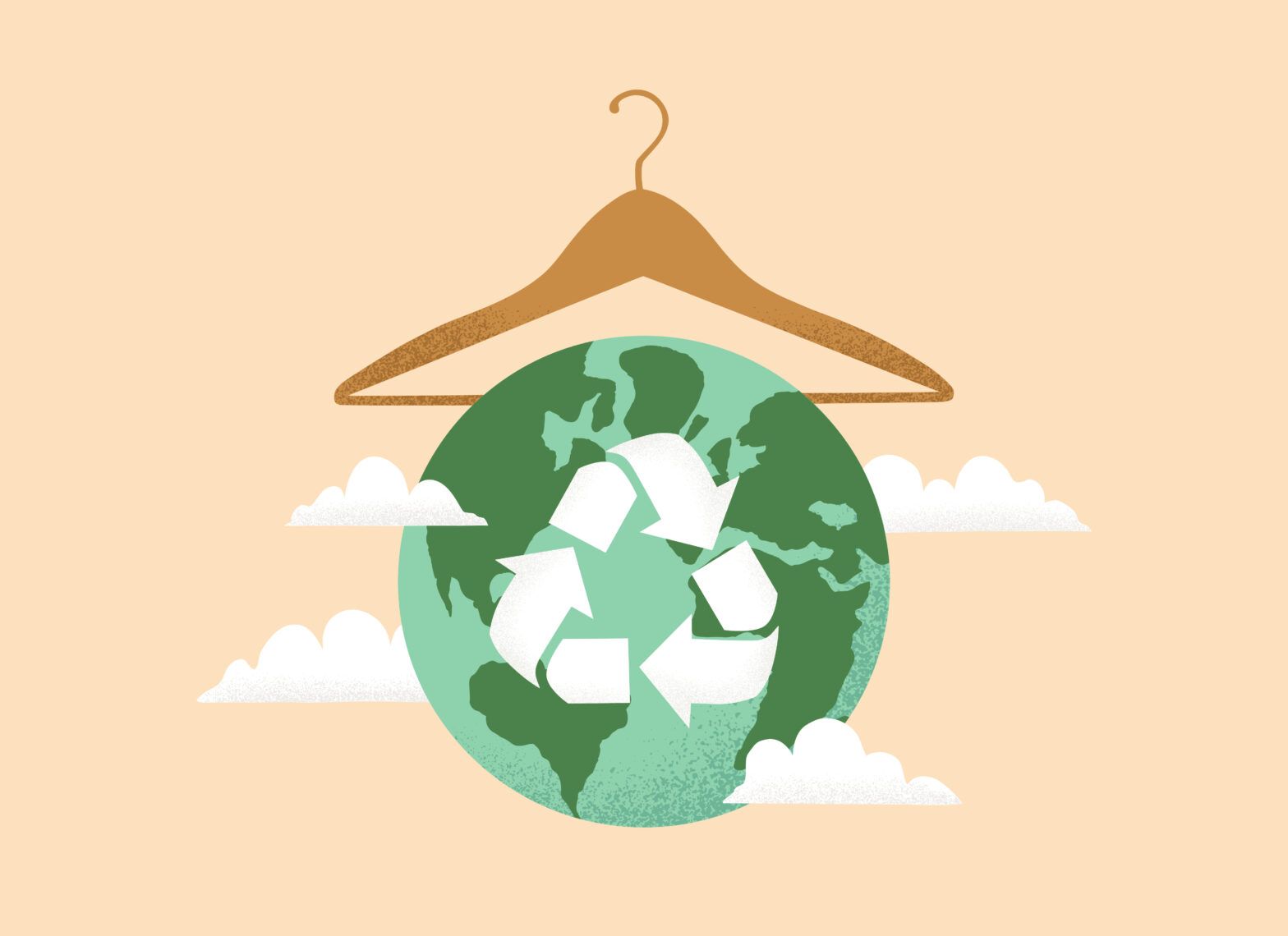Small companies are often well placed to take advantage of an environment in which the typical consumer is now demanding an increased level of transparency and accountability in the brands that they engage with. When compared with incumbents, young companies typically have an increased ability to innovate within their supply chains, and to make use of new materials and technologies to limit the impact they have on the environment.
Our portfolio includes many companies for which ESG is integrated into the foundations and values of the business, and our responsibility as an investor is to support each of the companies on its ESG journey and to help them understand the impacts of their operations on people and the planet.
A number of these companies are already leaders in sustainability, having received or in the process of achieving external environmental and social transparency certification. Conversely, others are just starting out in understanding how to consider ESG in the context of their business, and how to unlock the benefits that a rigorous ESG framework can bring.
Several companies in our portfolio have been awarded B Corp certification, meaning they have gone through detailed auditing and review to assess their transparency and impact on society and the environment. These include Beryl (bike share and safety), Rubies in the Rubble (sustainable condiments using aesthetically rejected fruit and vegetables) and Troubadour (bags and backpacks). Others are working towards achieving this status, so they are held accountable for how they impact the world.
Fashion with conscience
Womenswear brand ME+EM has sustainability at the forefront of its business plan as it looks to minimise negative impacts on people and the planet. The business has an ‘ethical and sustainable road map’ focusing on supply base, sourcing, and recycled, reusable and recyclable packaging (the three R’s).
The supply base is closely monitored to ensure the company understands where and how raw materials and garments are being sourced and produced, and is audited against ethical and sustainability standards, with full supplier visibility provided to customers. The business is committed to using organic materials and to ensuring that, where possible, its products do not end up in landfill, with leftover stock going to charities, such as New Life and Smartworks, which support unemployed women.
Reuse and repair
Troubadour, which is B Corp certified, designs and manufactures products that are designed to last for life and are increasingly made from recycled materials. The business recently released its first ‘fully circular’ backpack, which is made from 100% recycled materials that can in turn be fully recycled themselves. Any bag that Troubadour sells can be returned to them for repair and re-waterproofing free of charge; by extending the service life of its products, the business minimises the amount of its product that ends up in landfill.
Rubies in the Rubble is another B Corp in the portfolio. It was created when founder Jenny Costa visited New Covent Garden Market and saw huge quantities of perfectly edible, but unsold produce thrown away. She returned home with basketfuls of fruit and veg and made them into chutneys and jams. Every Rubies’ product makes use of otherwise discarded ingredients: aesthetically rejected fruit and vegetables. So far Rubies has repurposed 352 tons of surplus (otherwise waste) fruit and veg and offset 295 tonnes of CO2 – and in 2021 achieved B-Corp status.
Don’t gloss over environmental impact
COAT is disrupting the legacy paint industry by providing paint and painting supplies that are produced with a focus on limiting environmental impact by using recycled materials, a sustainable supply chain and low toxicity raw materials. The business prides itself on being carbon neutral since its foundation and has an increasingly large customer base who are choosing COAT products over traditional incumbents as a result of their concern for the environment.
Washing, not greenwashing
Another company in the portfolio, Dropless (mobile waterless vehicle washing), is focused on both its environmental and social impacts. A Dropless wash uses just 1-2 litres of water per vehicle, compared to 150+ litres for a traditional wash. In addition, the business places significant effort on its social impact, ensuring that it treats its employees fairly in an industry that is the second biggest contributor to modern slavery in the UK.








